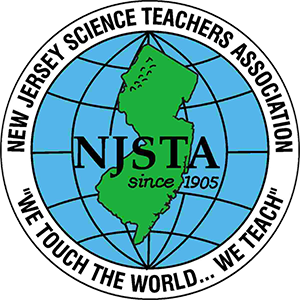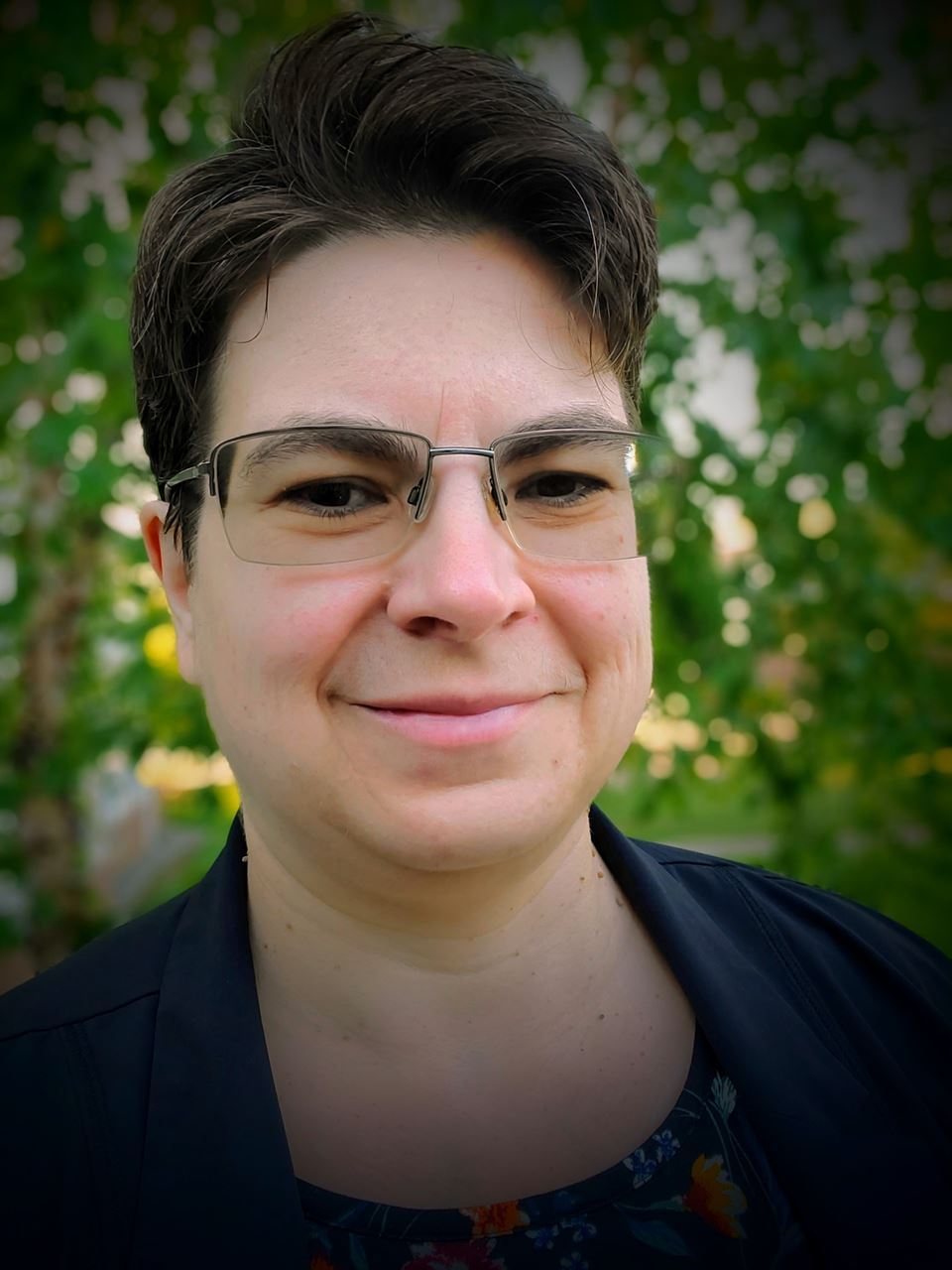NJSTA President's Message |
Lynn Prosen President, NJSTA 2022-2024 | Hello NJ Science Teachers and Teachers of Science, I am grateful for the opportunity to work for you, the NJSTA membership and science teachers of New Jersey. I became a member of NJSTA to have a community of other science educators from whom I could learn. I became more involved because of the people that I met during a Maitland P. Simmons Memorial Summer Institute. These people were passionate about science education and sharing strategies to help me be a better teacher. I wanted to share in the vision of supporting other science educators, advocating for high-quality instructional materials, and promoting science education for all. I have been a science teacher for 25 years, with experience teaching preschool through college as well as informally at Liberty Science Center as a STEM Educator. The past thirteen years I have taught Lower School (elementary) Science. I have had a wide variety of teaching experiences as well as presenting at the state and national levels. I was awarded the 2022 NSTA Corteva Agriscience Excellence in Agricultural Science Education Award. My second year will continue to focus on the fundamental foundations for teaching and learning. We need to talk about the foundational needs and push our science education thinking forward. How has NGSS changed science education pedagogy and philosophy? How can we reach students where they are right now? What foundational teaching strategies will help us to teach science for all? How do we communicate our ideas so others can understand? What active listening and science talk strategies help us and our students to collaborate and make sense of the world around us? How is evidence used to create a scientific argument? These foundational skills are important at all levels. We also need to also consider the importance of science education at the elementary level. The elementary level lays the foundations for science learning in later grades. The NGSS Matrixes show the foundational learning important in the NGSS progressions. (CCC Matrix, DCI Matrix, SEP Matrix) each progression builds on the foundation of the grade band before. I currently teach elementary school science from preschool to grade four. I have the great privilege of teaching students during these foundational years. These foundational ideas are also an important part of the National Academies Call to Action for Science Education. We need to look for the opportunity gaps, make connections with other science and STEM education organizations, and strive to help make science for all. I look forward to hearing from you how NJSTA can support you as a science educator. Please look at our events and see how you can become more involved. Members are our foundation. We cannot build ideas or grow without you! If you are not yet a member, please consider becoming a member today. Your voice is important and valued. Respectfully yours, Lynn Prosen NJSTA President, 2022-24 |

